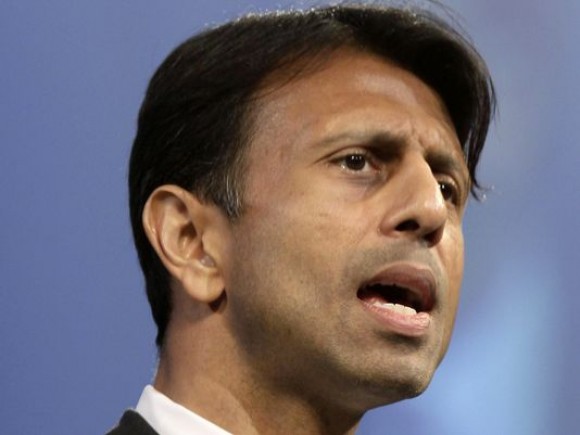By: Jeffrey Klein
Examiner.com
In an almost unbelievable twist of fate, San Diego and San Jose, long time bastions of liberalism in arguably the biggest state on the “Left” coast, California, have been forced to take a page from the emergency financial reform playbook of Wisconsin Gov. Scott Walker and his Indiana colleague, Gov. Mitch Daniels.
San Diego is “drowning” in an ocean of debt, stemming from a $2 Billion shortfall in their public employee pension fund. So, public employee pension reform will be on the June ballot, according to William LaJeunesse’s FOXNews article yesterday.
“Taxpayers have had it,” former Mayor Roger Hedgecock said. “A huge portion of the city budget is going to fund these pensions [that are] far beyond anything in private sector.”
“Labor unions used a lot of scare tactics to spike pensions over the past 15 years,” City Councilman Carl Demaio, a mayoral candidate, said. “They said, ‘If you don’t give employees these lavish pensions, then we can’t recruit and retain quality employees.’ Those arguments were false. They led us down the wrong path, and now we paying the price as taxpayers.”
Demaio claims the deficit was caused by elected officials, who promised benefits the city could never afford, and aided by an under-performing stock market.
Author’s note: Blaming the stock market is going to be difficult, as it has nearly returned to pre-financial crisis levels now.
In contrast, the Unions blame irresponsible city officials, who they allege spent bond money, earmarked for union pay, on ego-driving projects like sports stadiums backed by the Chamber of Commerce.
Author’s note: Long term debt is never used to provide cash for operations, such as “union pay”; however, such financing is regularly and properly used for revenue producing municipal capital asset projects–such as sports stadiums.
“We are the ones being demonized by Carl Demaio every day, acting as if we are the ones with the six-figure pensions,” says Joan Raymond of the American Federation of State, County and Municipal Employees (AFSCME is one of the largest public employee unions in the U.S.).
Raymond claims that average workers aren’t the issue, but rather the white-collar managers who draw the big pensions.
The city pays $2.4 million a year to cover the pensions of just 10 ex-city workers, most of whom are lawyers or former executives–but it also includes a retired librarian with a $234,000 annual pension.
“I want our taxpayers to know government employees are going to receive no better a retirement package than the hard-working families and taxpayers who pay the bill,” Demaio said.
The June ballot initiative would force new city workers into private-sector style 401(k)s.
Current employees would contribute more to their pensions, and employee retirement payments would be calculated on base salary only, and not include accrued sick leave and/or vacation time–a favorite tactic of union workers to inflate the level of their monthly pension check.
The San Diego initiative is similar to one in San Jose, where officials blame soaring pension [costs] for their inability to staff a new library and police station.
San Jose and San Diego officials agree that pension reform is the only way to avoid tax increases or cuts in personnel. In fact, the San Diego Taxpayers Association says their city spends 44 cents of every payroll dollar on retirees and pensions–not on current city worker salaries.
San Jose officials have it pegged at 55 cents on every payroll dollar.
Demaio prophesied … “San Diego is going to be the next Wisconsin. I think you are going to see a national confrontation between these very powerful public employee unions–who have a hammer lock on the public sector–against [the] taxpayers who have to pay the bill.”
This highlights the predictable impossibility of having honest, “arms-length bargaining” occur, where campaign-money hungry politicians sit across the same table from union dues-hungry public union bosses–all funded by anonymous, future taxpayer dollars.
Wisconsin and Indiana are leading the way for abolition of public union collective bargaining rights–proving there is a light at the end of the tunnel for struggling municipalities and taxpayers.
However, for the public unions–the light is mounted on a freight train headed straight at them.


















